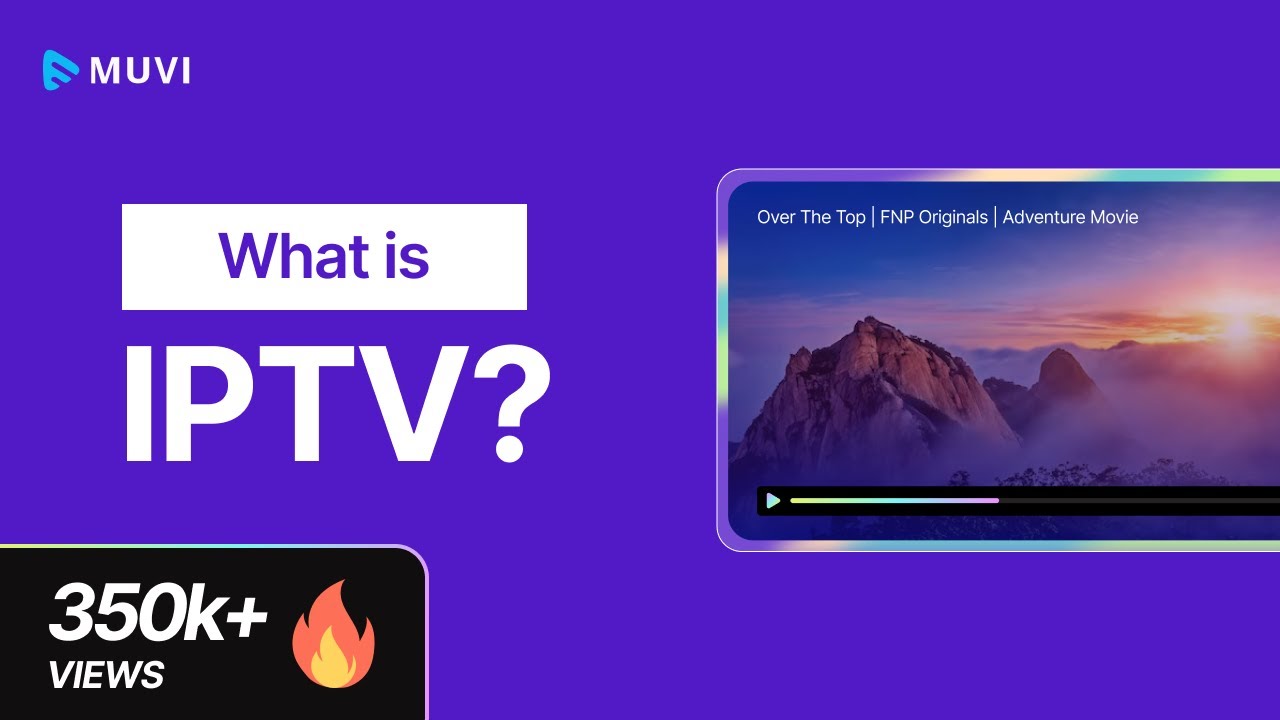In today’s digital age, the opportunities for individuals and businesses to generate income online are seemingly endless. One popular avenue for monetization that has gained significant traction in recent years is affiliate marketing. At the heart of this strategy lies the humble yet mighty affiliate link – a powerful tool that enables content creators to earn commissions by promoting products or services.
Understanding Affiliate Links
So, what exactly is an affiliate link? Put simply, it’s a unique URL provided by a company to its affiliates, allowing them to track the traffic and sales generated through their promotional efforts. When a user clicks on an affiliate link and makes a purchase, the affiliate earns a commission.
How Affiliate Links Work
The process of using affiliate links is straightforward. As a content creator, you embed these links within your content – whether it’s a blog post, social media post, video description, or email newsletter. When your audience interacts with these links and completes a purchase, you earn a percentage of the sale.
Benefits of Affiliate Marketing
- Passive Income: One of the most appealing aspects of affiliate marketing is its potential for passive income. Once you’ve created and shared your content with affiliate links, you can continue to earn commissions on sales generated over time, even when you’re not actively promoting them.
- Low Barrier to Entry: Unlike some other online ventures that may require significant upfront investment or technical expertise, affiliate marketing is accessible to virtually anyone with an internet connection and a platform to share content.
- Diverse Revenue Streams: With affiliate marketing, you’re not limited to promoting products from a single company. There are countless affiliate programs available across various industries, allowing you to diversify your revenue streams and cater to different interests within your audience.
- Flexibility and Freedom: As an affiliate marketer, you have the freedom to choose which products or services to promote, how to promote them, and when to do so. This flexibility allows you to align your promotional efforts with your content and audience’s interests seamlessly.
Best Practices for Using Affiliate Links
While affiliate marketing offers tremendous potential for earning income, it’s essential to approach it ethically and transparently. Here are some best practices to keep in mind:
- Disclose Your Affiliation: Always disclose your relationship with the products or services you’re promoting. Transparency builds trust with your audience and ensures compliance with legal regulations.
- Focus on Quality and Relevance: Prioritize promoting products or services that align with your content and provide value to your audience. Recommending products solely for the sake of earning commissions can damage your credibility and erode trust.
- Create Compelling Content: Invest time and effort into creating high-quality content that resonates with your audience. Whether it’s through engaging blog posts, informative videos, or captivating social media posts, compelling content increases the likelihood of conversions.
- Track and Analyze Performance: Regularly monitor the performance of your affiliate links to identify what’s working well and what areas could be improved. Analyzing metrics such as click-through rates, conversion rates, and earnings can help you refine your strategies and optimize your results.




